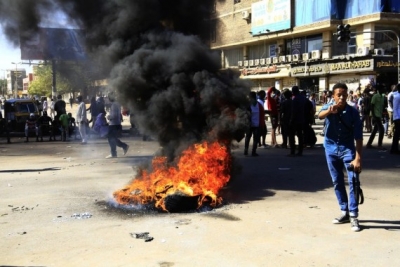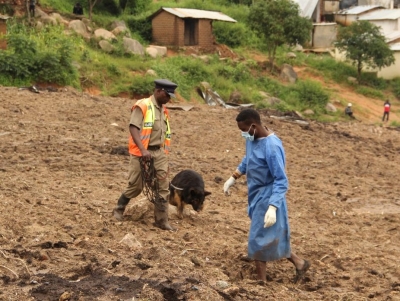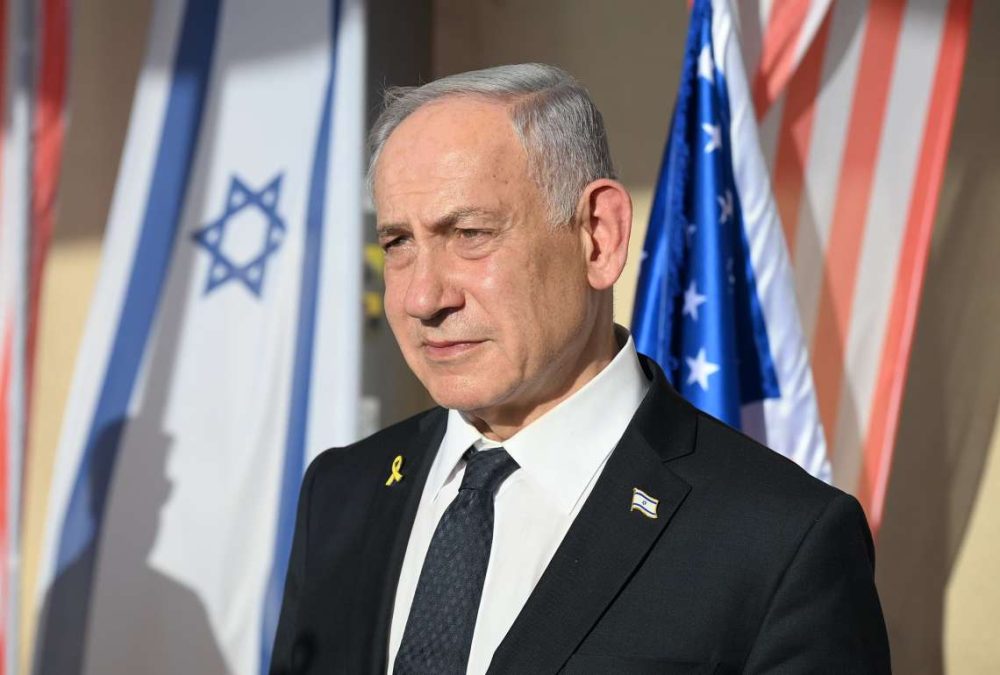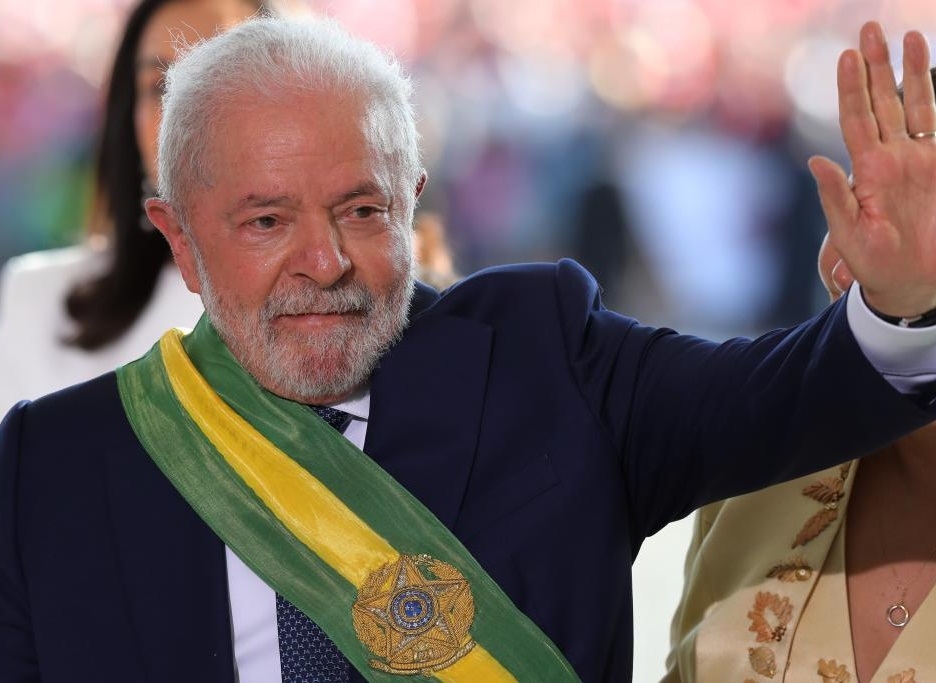Since fighting erupted in the country on April 15, at least 528 people have been confirmed killed and 4,599 wounded although casualties are likely much higher…reports Asian Lite News
Air strikes and artillery rock Sudan’s capital after the warring army and paramilitary Rapid Support Forces (RSF) fail to agree on a truce.
A so-called declaration of principles was signed in Jeddah, Saudi Arabia, late on Thursday after nearly a week of talks between the two sides although they have yet to release statements acknowledging the deal.
Since fighting erupted in the country on April 15, at least 528 people have been confirmed killed and 4,599 wounded although casualties are likely much higher.
“We were expecting that the agreement would calm down the war, but we woke up to artillery fire and air strikes,” Mohamed Abdallah, 39, who lives in southern Khartoum said on Friday.
Similar reports of fighting also came from Khartoum North. The United Nations children’s agency said a factory in Khartoum producing food for malnourished children was burned down.
About 200,000 people have fled from Sudan to neighbouring countries since the violence erupted, the UN refugee agency said, adding that tens of thousands of people had arrived in Chad in recent days.
Despite the ongoing battles, a senior UN official expressed optimism that mediators would reach a ceasefire in the next few days, saying he had assurances from one of the sides that they would continue negotiating in Saudi Arabia.
“I think the most important element of this understanding that was signed yesterday night is that both sides commit to continue their talks,” Volker Perthes, special representative for Sudan, told journalists in Geneva on Friday.
Previous ceasefires have been repeatedly violated, leaving civilians to navigate a terrifying landscape of gunfire and bombardments with failing power and water services, little food and a collapsing health system.
Thursday’s deal includes commitments to allow safe passage for civilians, medics and humanitarian relief and to minimise harm to civilians and public facilities.
United States officials said on Thursday that the signing would be followed by negotiations on the details of securing humanitarian access and a ceasefire of up to 10 days to facilitate those activities.
Mediators pushed the sides to sign the declaration of principles on civilian protections to reduce tensions because of continuing disagreement on a wider ceasefire, one of those involved in the mediation said.
“The two sides are quite far apart,” a senior US Department of State official said, adding that the mediators did not expect full compliance.
Saudi Foreign Minister Faisal bin Farhan described the deal as a first step. “The most important thing is to adhere to what was agreed upon,” he said on Twitter.
The agreement committed the two sides to evacuate both public and private properties, including private homes, which residents have accused the RSF, in particular, of occupying. The RSF has denied these claims, blaming elements of the military and other armed groups. Western countries condemned abuses by both sides at a human rights meeting in Geneva on Thursday.
“These are things they should be doing already without being told. They should get no credit for that,” said Cameron Hudson of the Center for Strategic and International Studies, adding that he doubted the RSF was in enough control of its forces to enforce Thursday’s deal.
“The parties must convey clear and unequivocal instructions to lower ranks,” said the UN, African Union and the Intergovernmental Authority on Development, an eight-nation bloc in Africa.
They called on both sides to “facilitate the safe passage of humanitarian assistance, the restoration of essential services, the withdrawal of forces from hospitals and the respectful burial of the dead”.
The UN and other aid agencies have suspended aid to Sudan, in particular to Khartoum, awaiting guarantees that their stores and staff will be safe.
Another area where the fighting has been concentrated is the western region of Darfur. The health ministry said at least 450 people have been killed in West Darfur state alone since the fighting erupted.
Many people have fled Khartoum and Darfur. Roughly 700,000 people have been uprooted inside the country, according to UN figures.
“In order to alleviate the suffering of our people, this step needs to be transformed into a cessation of hostilities with clear mechanisms for implementation and monitoring,” civilian political leader Khalid Omer Yousif said.
“And then, the rest of the steps will follow in order for our country to write a peaceful way out of this disaster.”
The Sudanese government announced that it has allocated three airports to facilitate the arrival of humanitarian aid amidst the conflict.
The Council of Ministers declared in a statement that the airports in Port Sudan and Wadi Seidna, as well as Khartoum International Airport, will serve as entry points for humanitarian aid after maintenance, reports Xinhua news agency.
The decision is part of the efforts to implement a humanitarian declaration signed on Thursday between the Sudanese Armed Forces (SAF) and the Rapid Support Forces (RSF) in Jeddah, Saudi Arabia.
The declaration calls for a short-term ceasefire to facilitate the delivery of emergency humanitarian assistance and the restoration of essential services.
The cabinet called on all national and foreign voluntary organisations and relevant authorities to coordinate with a special committee it formed to ensure the delivery of humanitarian aid to all affected citizens.
ALSO READ-Sudan: Warring parties reach agreement to avoid harming civilians









